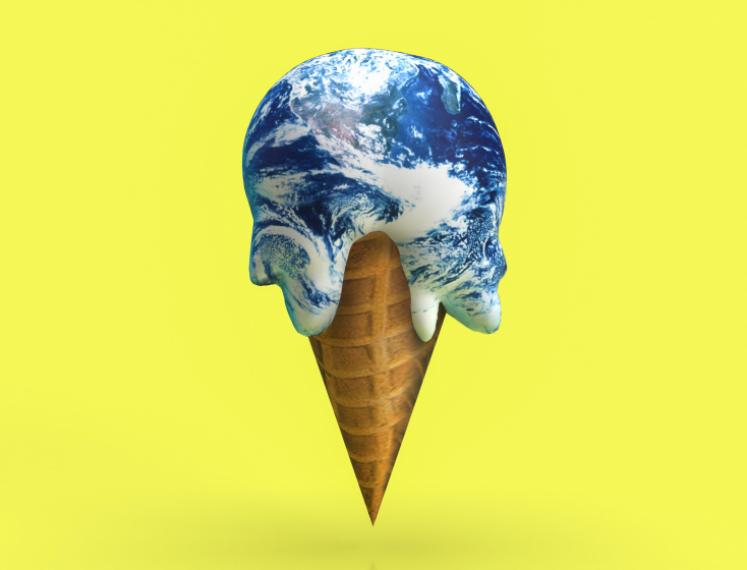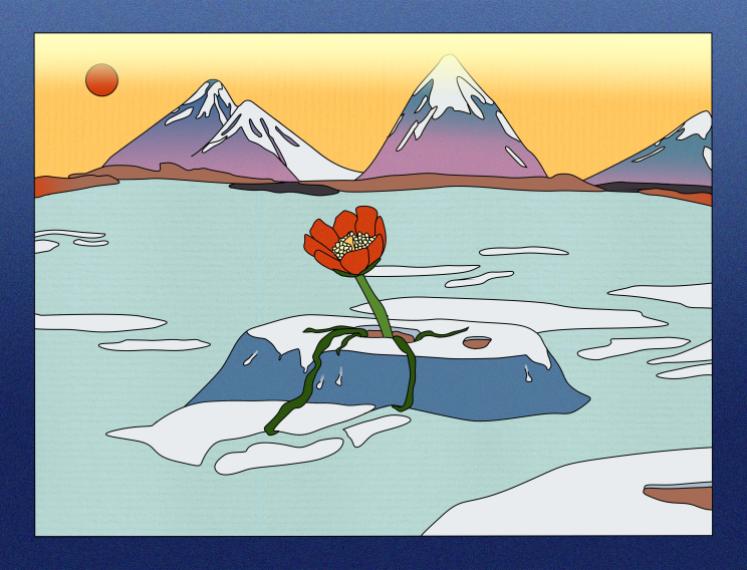
Academy Building
Broerstraat 5
Groningen
Netherlands
What Climate Justice Means
Climate inequality looks at how different people are affected by climate change. These inequalities exist on multiple levels: globally, within countries and even within cities. Climate change is not only a technical, scientific, political, or economic challenge: it is, fundamentally, a moral crisis. Philosopher Elizabeth Cripps exposes climate change as a fundamental wrong. She tracks the links between climate harms and historical atrocity to expose this as a racial, gender and intersectional injustice, and shows how this human injustice goes hand in hand with wrongful harm to the nonhuman world. What would climate justice look like? Who, ideally, should bear the costs of mitigation, adaptation, and compensation? How can we find the ‘least unjust’ option? And what can we do, when so many major players refuse to act?
Elizabeth Cripps is a moral and political philosopher and writer, specialising in climate justice and parental duties. She works as a senior lecturer in Political Theory at the University of Edinburgh and Associate Director of CRITIQUE: Centre for Ethics and Critical Thought.
In collaboration with the Centre for Philosophy, Politics and Economics.


